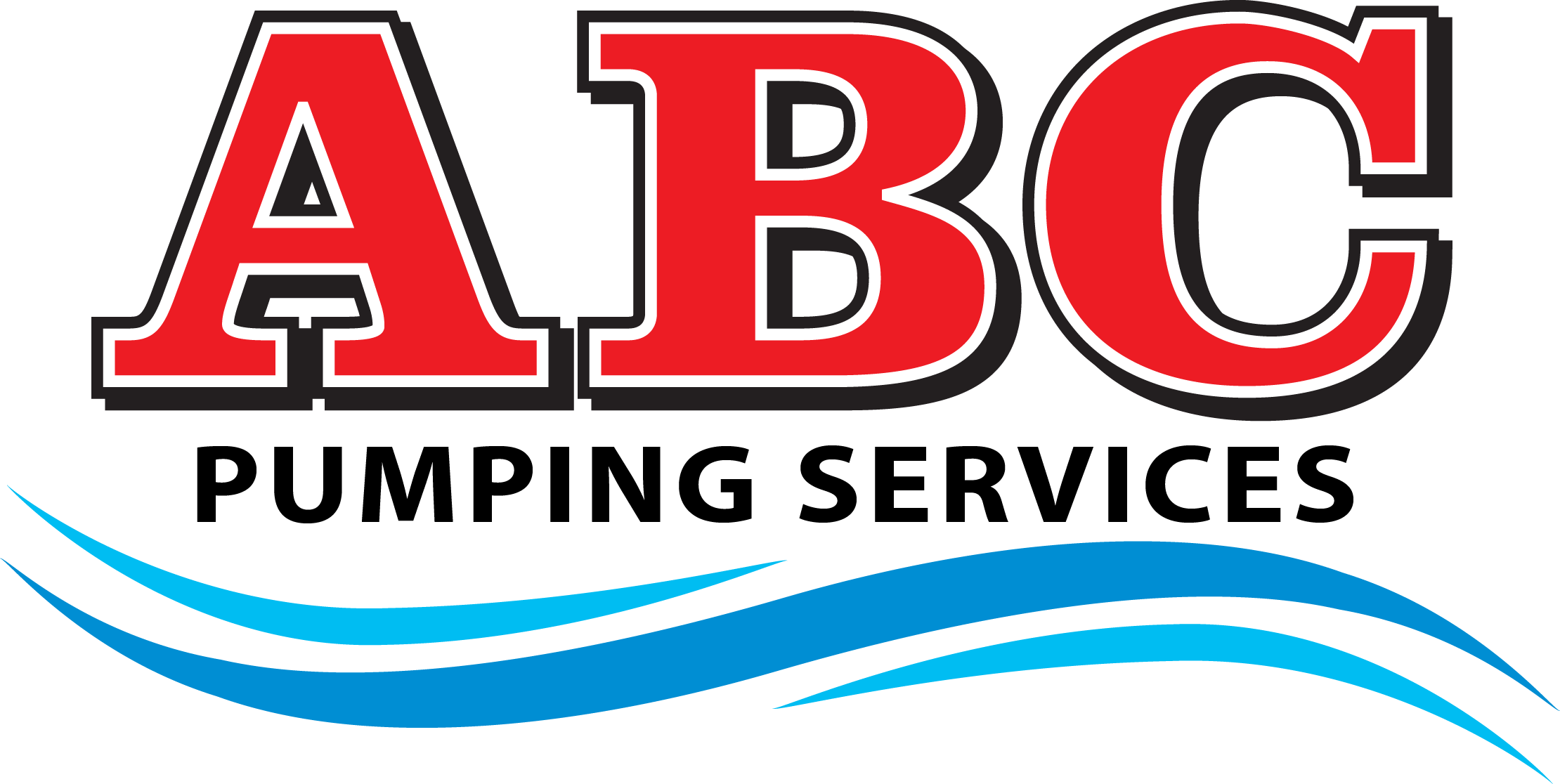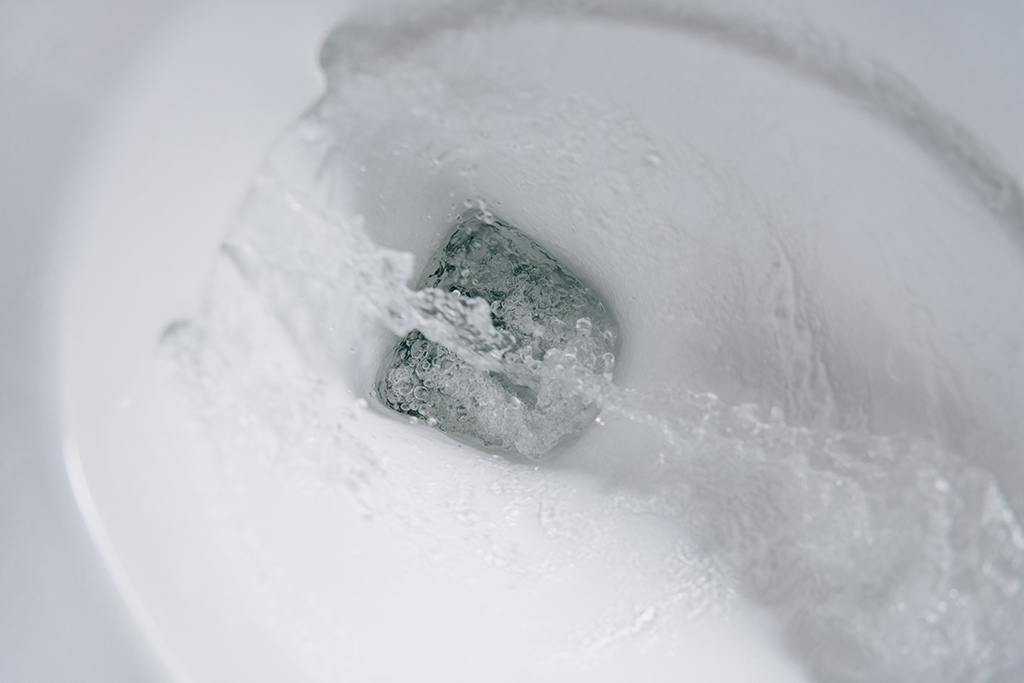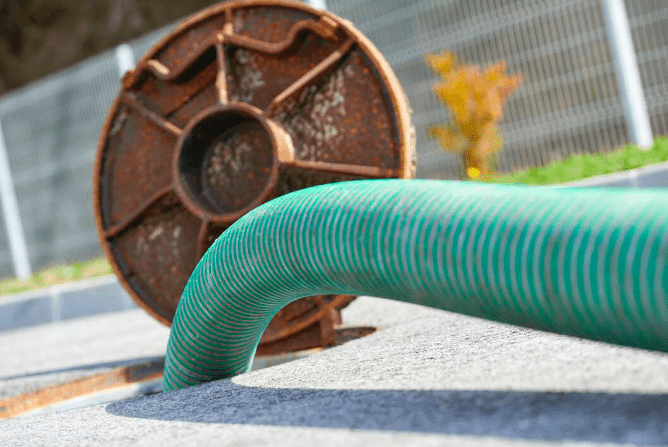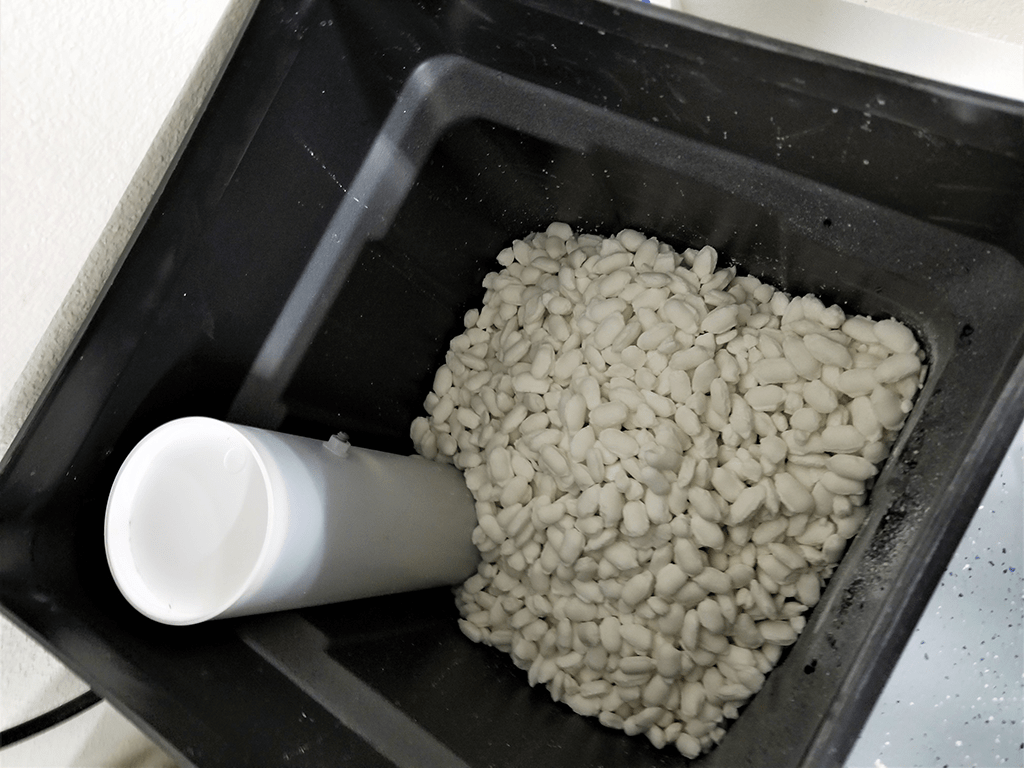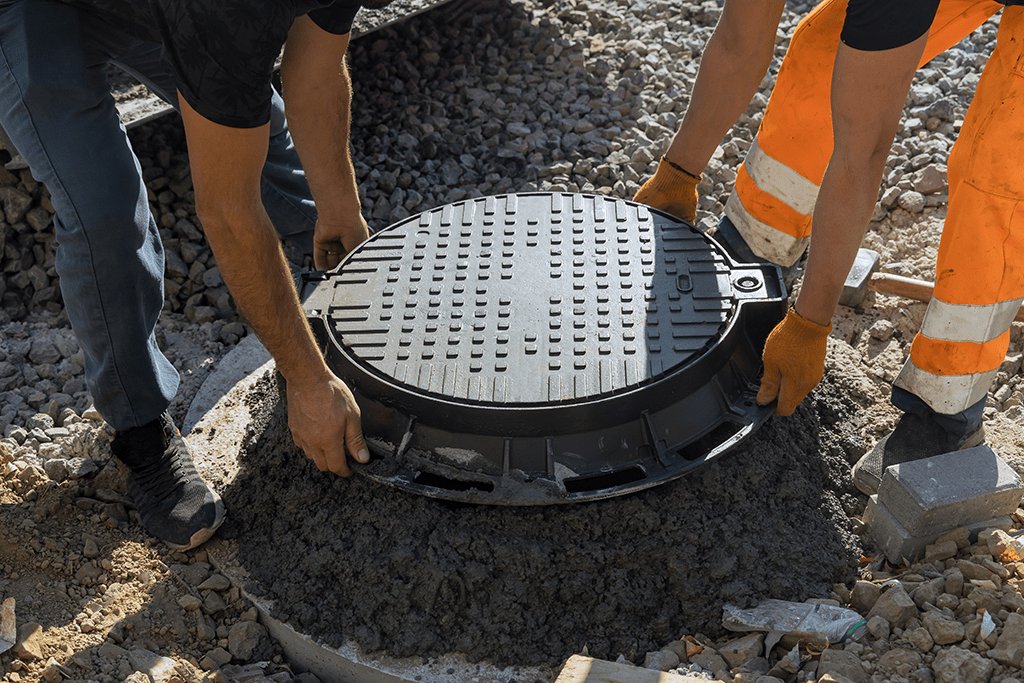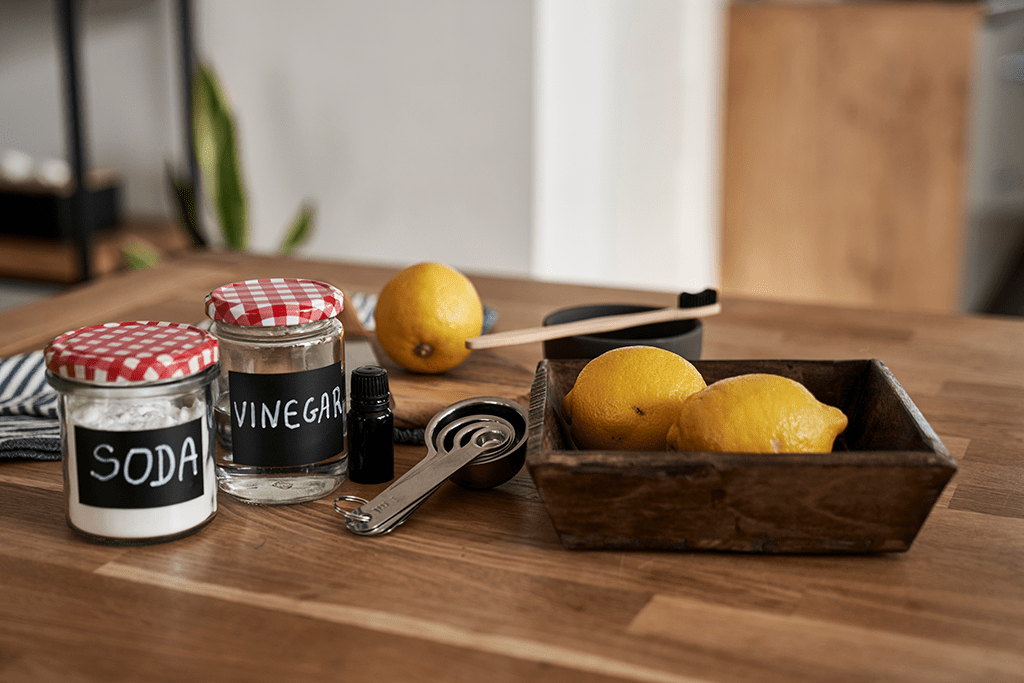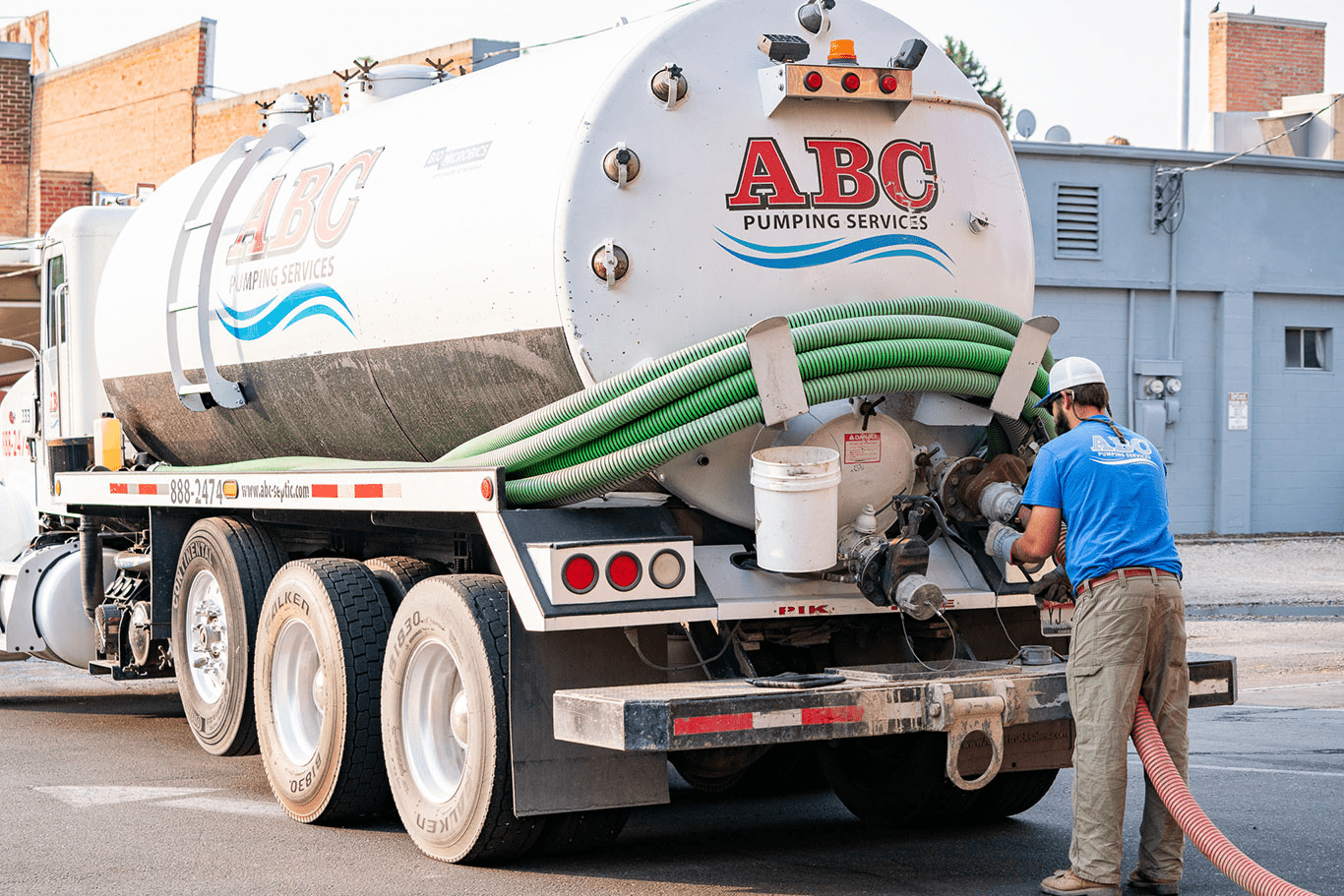Are you an Idaho homeowner with a septic system? Do you ever wonder why your septic tank might be clogging up more often than usual? Clogged tanks not only cost you money, but can also pose serious health hazards if left unchecked. That’s why it’s important to know the warning signs of a clogged tank and what may be causing it. In this blog post, we will discuss 6 factors that could be contributing to clogs in your septic system so that you can properly address them before they become a major problem. Let’s dig into these common culprits – from everyday household activities to natural disasters – and find out how to keep your septic tank safe and running smoothly!
Toilet Paper
Clogged septic tanks are a common issue caused by the improper use of toilet paper. Many people assume that more is better in this situation but too much toilet paper can clog the system and cause an overflow from the septic tank. To make sure your septic system remains clog-free, it’s best to limit yourself to only a few squares of toilet paper per visit, using just enough for comfort. Taking these steps can help avoid clogging your septic tank and a potential expensive repair bill.
Grease & Cooking Oil
Grease and cooking oil should never be put down any drains or toilets, as they can clog the pipes and potentially lead to a clogged septic tank. If a septic tank becomes clogged it will no longer be able to function properly, which could result in expensive repairs for the homeowner. The problem can usually be avoided as long as common sense is applied; grease and cooking oils should not be poured or washed down drains or toilets, but instead disposed of responsibly in the garbage. Remember: clogging your pipes leading to the septic tank may seem like a small inconvenience now, but it could end up costing you big time down the line!
Tree Roots
A clogged septic tank is one of the most costly and inconvenient plumbing issues a homeowner can experience. One of the main causes of clogged septic’s are tree roots that have managed to find their way into your pipes, leading to clogs or even full-on breaks in your pipes. In order to prevent clogging caused by tree roots, it is important first to monitor the trees on your property. Prune any tree branches that are near your septic tank and make sure you do not plant anything too close. Additionally, regular inspections of your system should be performed every few years in order to ensure good health of your plumbing and septic system.
Too Many Items at Once
It is important to avoid clogging up your septic tank or drainage system by avoiding washing too many items down the drain at once, such as laundry detergent or sanitary napkins. When these pieces become clogged in the pipes they can cause major issues such as an overflowing septic tank and eventually water or sewage backup inside or outside of the house. All it takes is a single clog to wreak havoc on a household so it is best practice to be very mindful about what goes down in the sink and to plan when heavier items like laundry detergent will go.
Non-Biodegradable Materials
Flushing non-biodegradable materials like dental floss and feminine hygiene products down the toilet can clog septic tanks in homes that don’t have access to centralized sewer systems. While clogs typically start as an inconvenience, they can lead to serious damage if not fixed immediately. In addition, clogged tanks are costly to repair and may require a clog specialist or contractor to unclog the tank. To prevent clogs and save money on repairs, it is advisable to only flush biodegradable items, such as toilet paper and human waste. Additionally, any non-biodegradable items should be disposed of according to local regulations. By being mindful of what is flushed down the toilet, homeowners can avoid preventing clogged septic tanks.
Hazardous Chemicals
Hazardous chemicals such as paint thinners and solvents are best disposed of properly to protect your home. Disposing of these chemicals into a clogged septic tank can kill beneficial bacteria, leading to further clogging and massive damage to the tank itself. To prevent clogs and costly repairs, hazardous chemicals should be brought to appropriate hazardous material drop-off centers by local governments. Taking this step will help ensure clogged septic tanks are no longer an issue; protecting not only the environment, but your home as well.
Clogged septic tanks can cause sewage back-ups, unpleasant odors, and costly repairs. To help avoid such a disaster at home or on commercial property, it’s best to use water prudently and watch what gets flushed or poured down the drain. Never dispose of hazardous chemicals in your septic system; this not only can kill beneficial bacteria, but also lead to damaging clogs. Grease and oil should also be kept to a minimum—it’s best to collect them in an empty can with a tight lid rather than pour them into the sink or toilet. Finally, if you are ever faced with a clogged septic tank or damaged pipes leading to it, remember that ABC Pumping is there for you 24/7. From proper preventative maintenance, dishwashing solutions and beyond, ABC Pumping will quickly have your septic system running smoothly again in no time. Don’t wait—call ABC Pumping today and protect your investment!
